A federal judge in San Diego has placed an injunction on California’s Unsafe Handgun Act as part of the ongoing Renna v. Bonta case, which challenges the state’s stringent laws governing handgun ownership. Judge Dana Sabraw’s April 6 ruling blocks four provisions of the law on the grounds that it violates the Second Amendment, which means the California approved handgun list may someday be history.
California’s existing Unsafe Handgun Act, which took effect in 2001, maintains a roster of handguns that are legal in the state based on increasingly exclusionary criteria. This law has meant Californians have been limited to older handgun models. New guns and new iterations of existing models are not added to the approved list and are, therefore, illegal.
As more time passes and more handgun models are discontinued or expire from the California approved handgun list, the state’s slow-rolling handgun ban has steadily expanded as the list of handguns certified for sale in California dwindles.
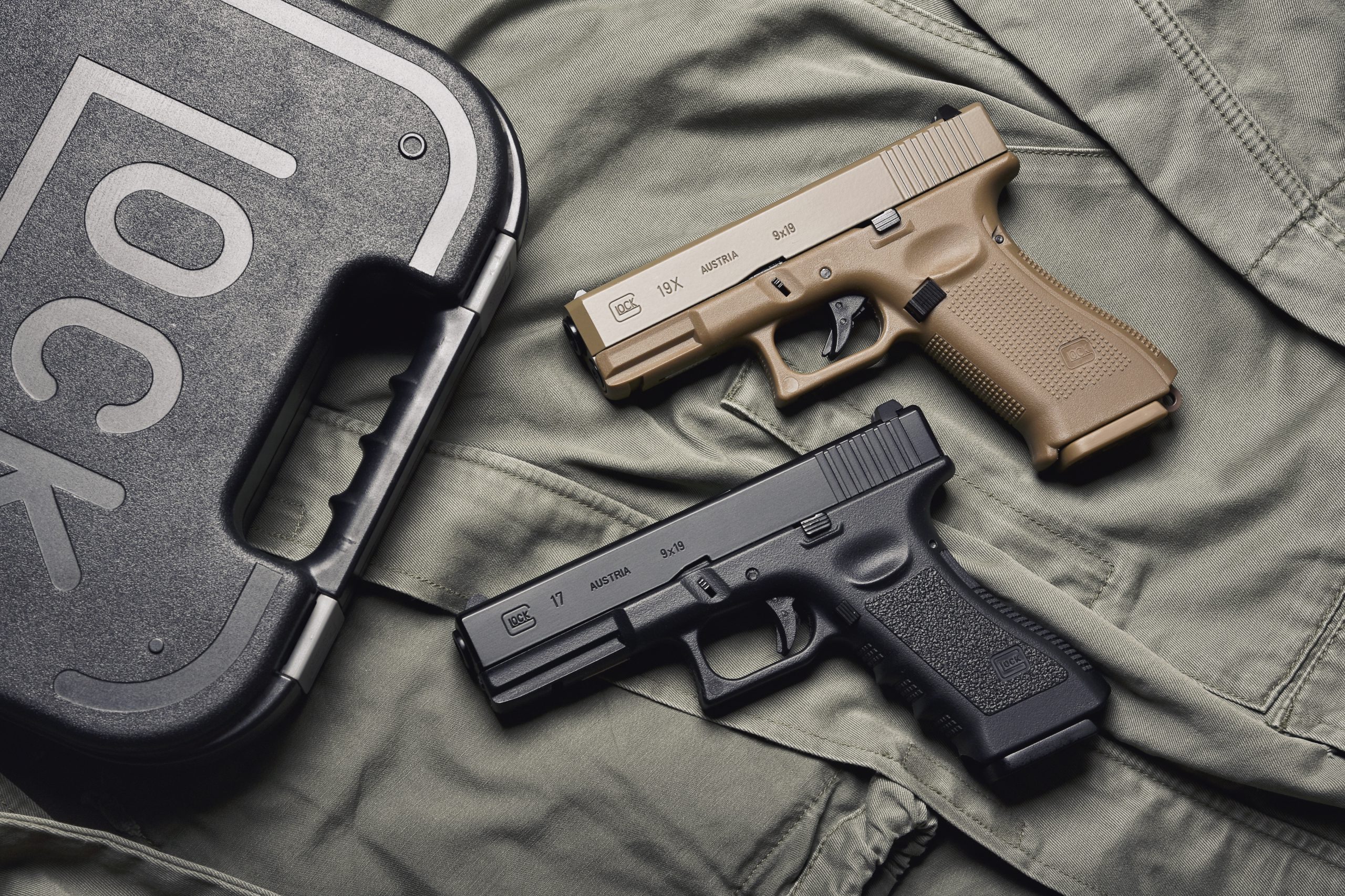
But, in light of last year’s landmark Bruen 2A decision, handed down by the U.S. Supreme Court, the California law is under increased scrutiny and has now been temporarily suspended.
A state-owned roster of approved firearms is a problem on its own, but the issue goes beyond that. The plaintiff in Renna v. Bonta alleges that the state requirements for every handgun to have a loaded-chamber indicator, magazine disconnect, and microstamping — which theoretically creates uniquely identifiable marks on every spent casing — violate the Second Amendment.
“Under [the Bruen] standard, the Court concludes that Plaintiffs’ desire to commercially purchase newer models of semi-automatic handguns in common use is covered by the Second Amendment and presumptively protected,” the Court’s opinion stated, according to the Firearms Policy Coalition.
“Because the State is unable to show the UHA’s chamber load indicator, magazine disconnect mechanism, and microstamping requirements are consistent with the Nation’s historical arms regulations, Plaintiffs are entitled to a preliminary injunction against the State’s enforcement of those three provisions, which operate to prohibit the commercial sale of these arms,” the written opinion continues.
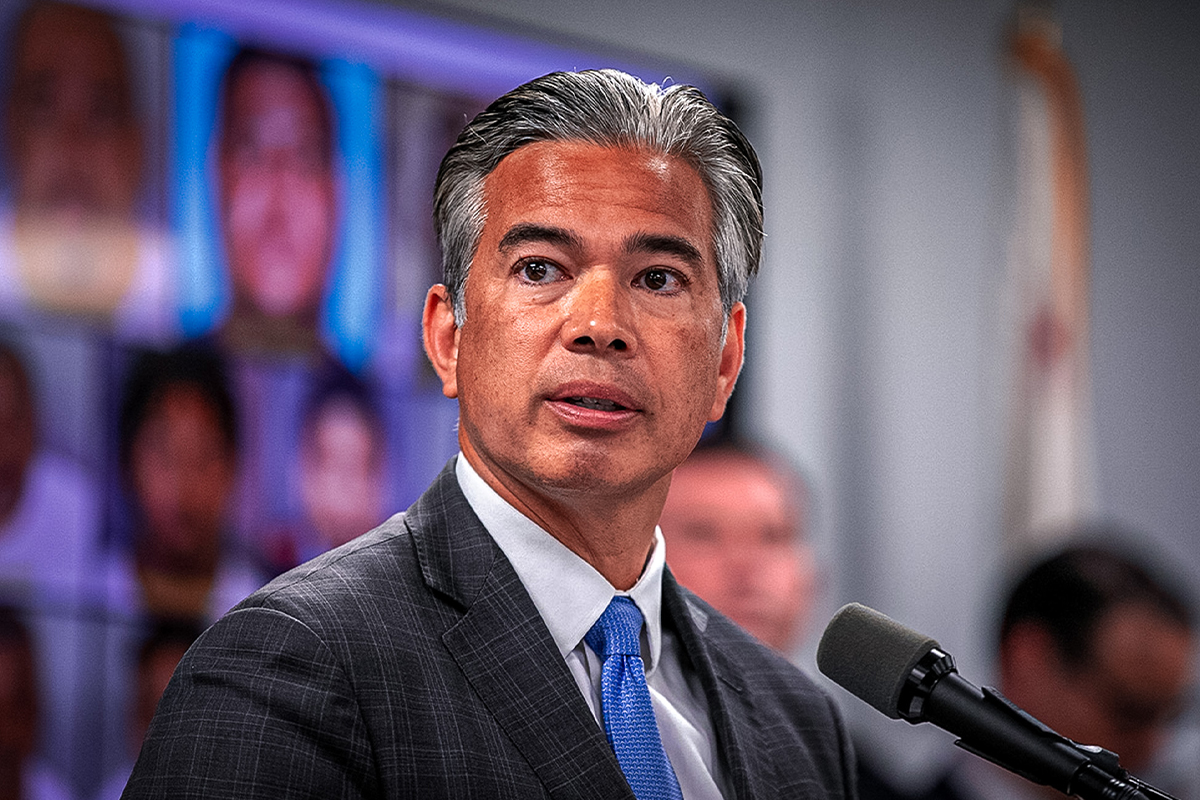
To say that those three specific features are not consistent with historic arms regulations is putting it mildly.
In a similar case, U.S. District Judge Cormac Carney ruled that “no handgun available in the world has all three of these features” and that “the technology effectuating microstamping on a broad scale is simply not technologically feasible and commercially practical.”
The Bruen decision says there is “no justification for laws restricting the public carry of weapons that are unquestionably in common use today.” Every law that is passed must align with the Constitution as it was written at the nation’s founding and expanded following the Civil War.
The counterargument from the state is that the California-approved handgun list is on a solid legal footing. After all, certain firearms cannot be in common use if they’re banned, and they can be banned if they’re not in common use.
The injunction is good news for California’s gun owners and the Firearms Policy Coalition, the pro-2A nonprofit organization behind the lawsuit.
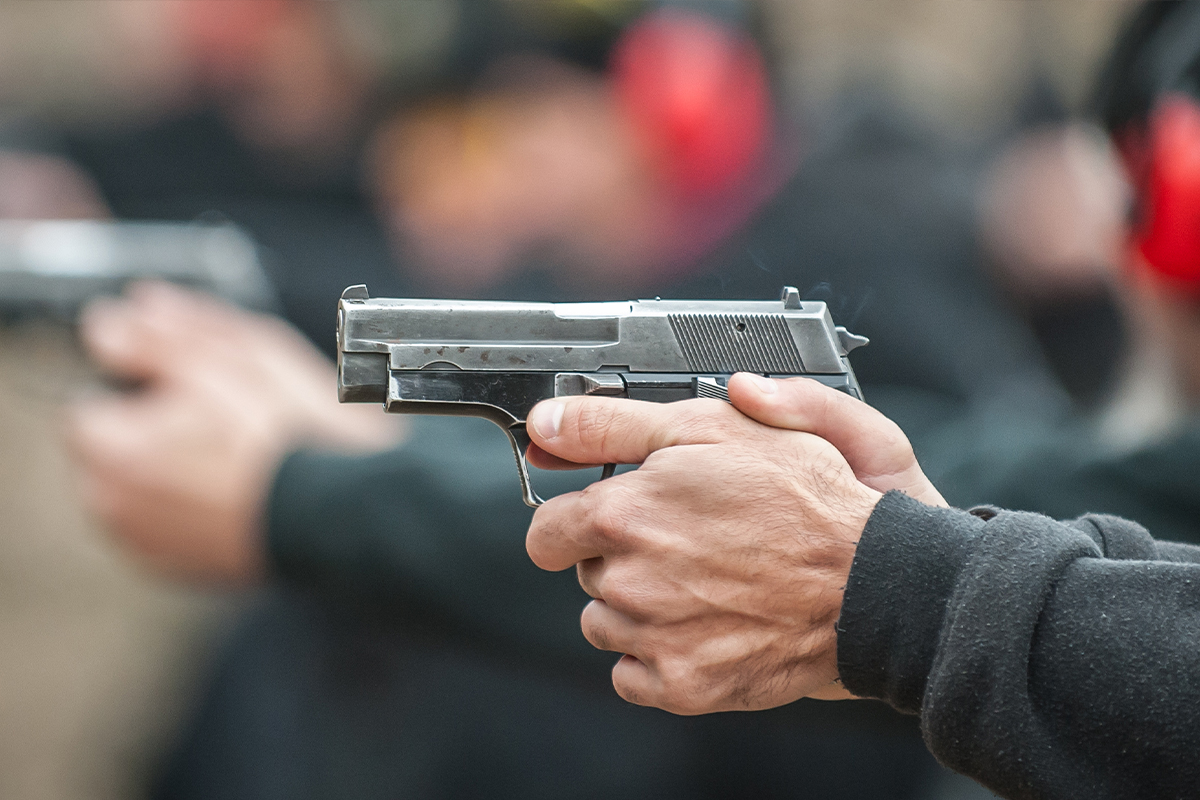
“The existing handgun standard in California only serves to restrict the ability for law abiding gun owners to purchase newer and often safer handguns,” said pro shooter and Top Shot winner.
“As the rest of the country is able to purchase the current generation of handguns, Californians are left with older generation handguns which may not contain the newest safety features and functionality. If the handgun standard is ruled unconstitutional, it will bring California to parity with the rest of the country.”
According to Cheng, lifting counter-productive laws like California’s handgun roster will pave the way for Californians to enter the world of competitive shooting — if they choose to remain in the state.
“If California’s restrictions are lifted, I anticipate many more Californians will get into sport shooting. There’s nothing more frustrating than seeing a pistol through IG, YouTube, online, etc and then come to realize you can’t purchase it in California. Currently, we are probably losing some new shooters because they can’t purchase the pistol they want and so they’re waiting until things (hopefully) change. I should also mention that this problem is being partially resolved by the record number of Californians who have moved out of state, and so those folks most likely now have the freedom to purchase whatever pistols they want.”
“FPC Law is thrilled with today’s opinion,” said Bill Sack, the FPC’s director of legal operations, in a statement. “The Second Amendment protects all arms in common use — a protection that cannot be abrogated by the introduction of firearm ‘rosters’ that artificially limit peaceable people’s access to those constitutionally protected arms.”
READ NEXT – Q Honey Badger AR: The Gun Industry’s Biggest Troublemaker
What’s Next for California Approved Handgun List
The Second Amendment has been a hot topic in recent court cases, partly because of the U.S. Supreme Court’s Bruen decision, which ruled that New York had overreached in its efforts to restrict concealed-carry permits.
Individuals and advocacy groups are responding by challenging other state laws that they believe violate the Second Amendment, and Renna v. Bonta is a step in the right direction for residents of California.
Free Range American spoke to Mark Oliva, managing director of public affairs for the National Shooting Sports Federation (NSSF), to better understand what this case means for California gun owners and the rest of the country.
“Justice Thomas was clear when he said there is only one test, and that is the Second Amendment.”
—Mark Oliva, NSSF
“The injunction is just the first step in what will surely be a drawn-out legal process, but it is promising for law-abiding gun owners in California,” Oliva said. “California’s Unsafe Handgun [Roster] is clearly unconstitutional and is nothing short of a slow-rolling handgun ban.
“The list has been cut in half to under 300 handguns that are allowed to be purchased. This is all predicated on a microstamping requirement that even the patent holder says is technically impossible.”
As with many court cases, the process for this one will be long and tedious. The state of California will almost certainly appeal the decision.
“The court’s injunction is a promising step, but we know that [Attorney General] Bonta and the Newsom administration will stop at nothing to infringe on the Second Amendment rights of Californians,” Oliva said.
GOOD GEAR – Drink Like Our Founding Fathers With BRCC’s Freedom Roast
There’s More to Be Done — Especially in California
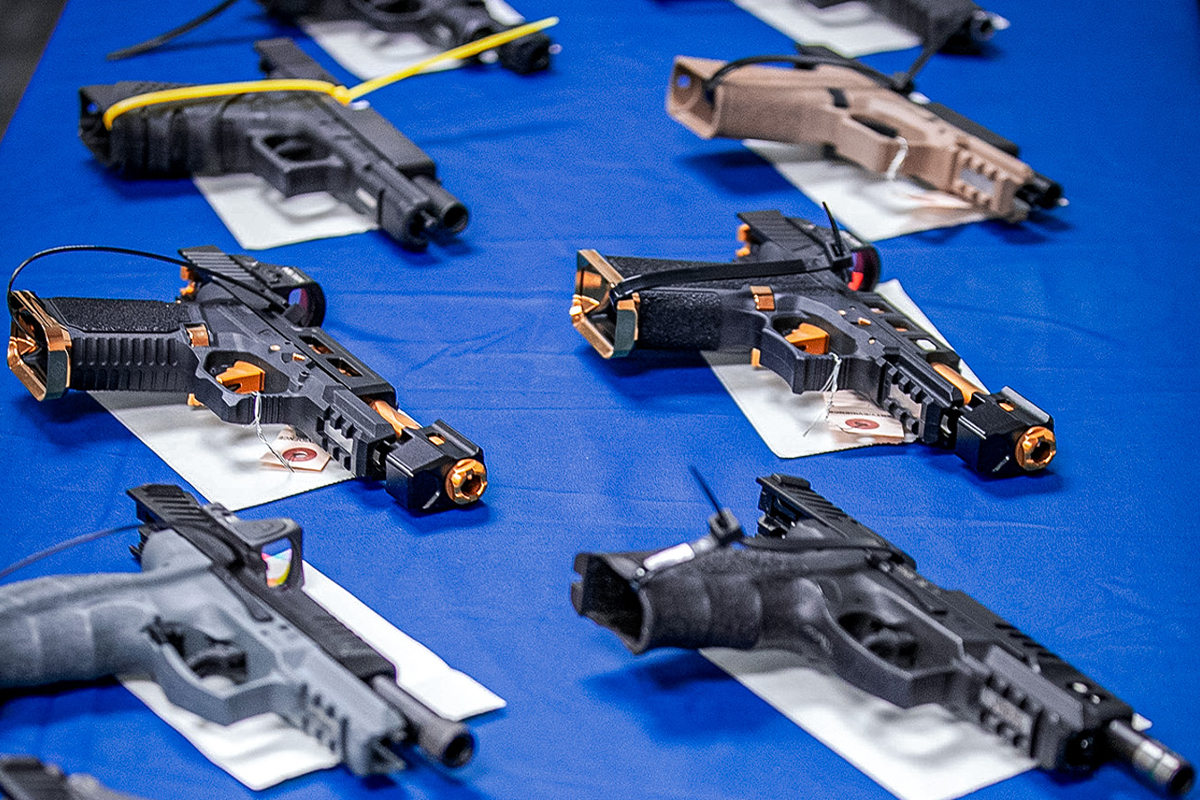
Recent court rulings are promising, but an injunction is effectively the legal system’s pause button. Renna v. Bonta is far from settled.
“There are still several challenges to firearm restrictions in California that should be watched,” Oliva said. “Miller v. Bonta is one of the more high-visibility cases that challenges California’s ban on modern sporting rifles (AR-platform firearms).”
He also mentioned the Duncan v. Bonta case challenging California’s ban on standard capacity magazines. The Ninth Circuit U.S. Court of Appeals upheld the ban, but that may all change in light of Bruen.
“That decision struck down the lower courts’ use of interest-balancing tests to decide if a state’s gun control law was unconstitutional,” Oliva said of the magazine ban. “Justice Thomas was clear when he said there is only one test, and that is the Second Amendment.”
READ NEXT – Florida Constitutional Carry Adopted, Creates CCW State Majority



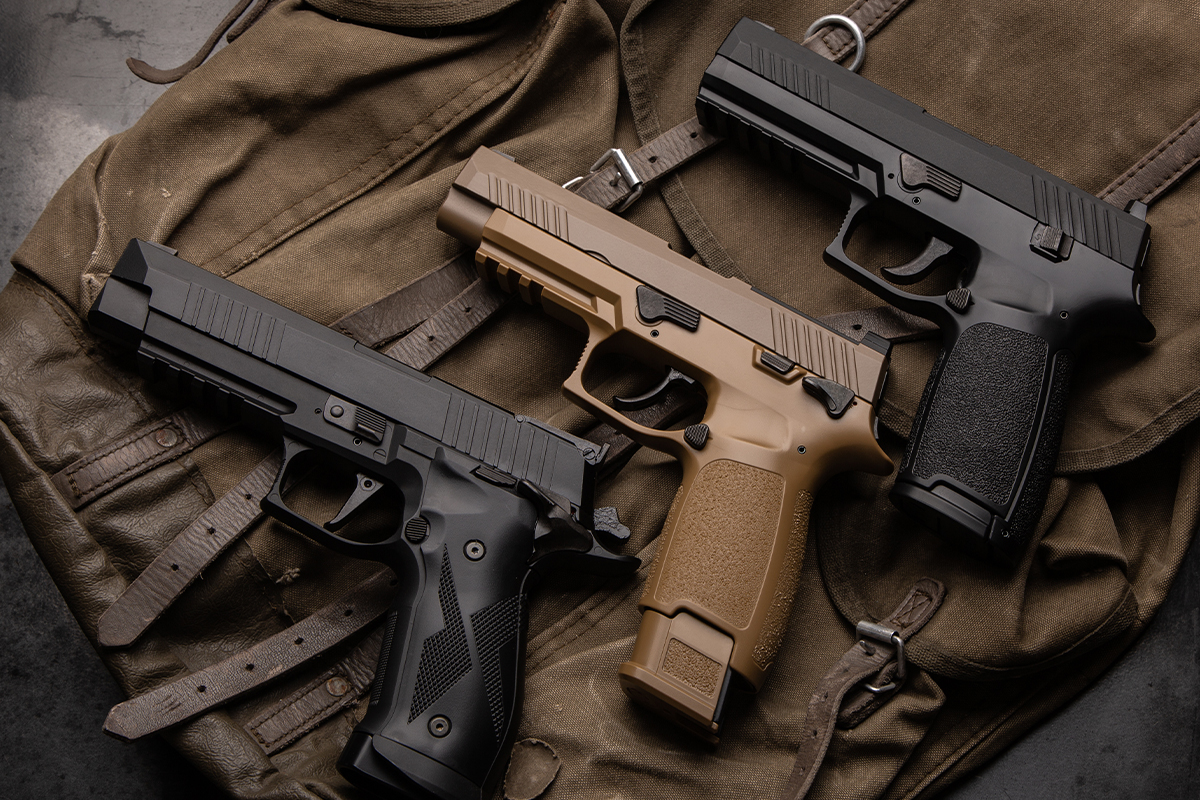

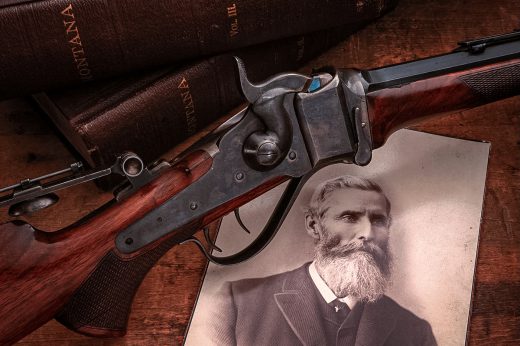
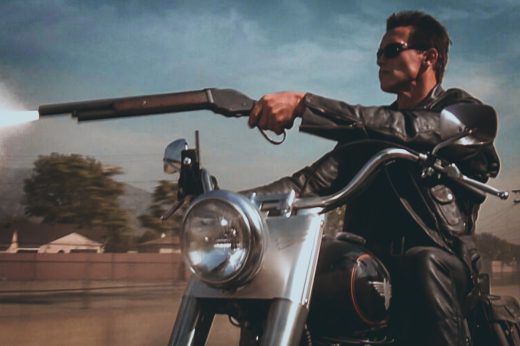
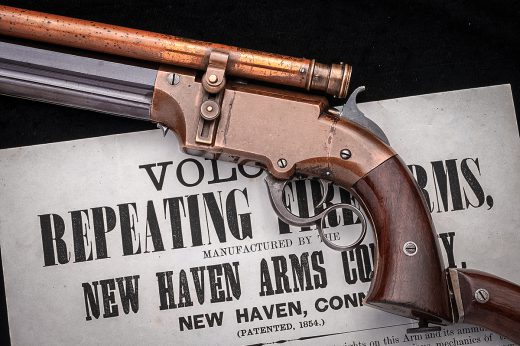


Comments